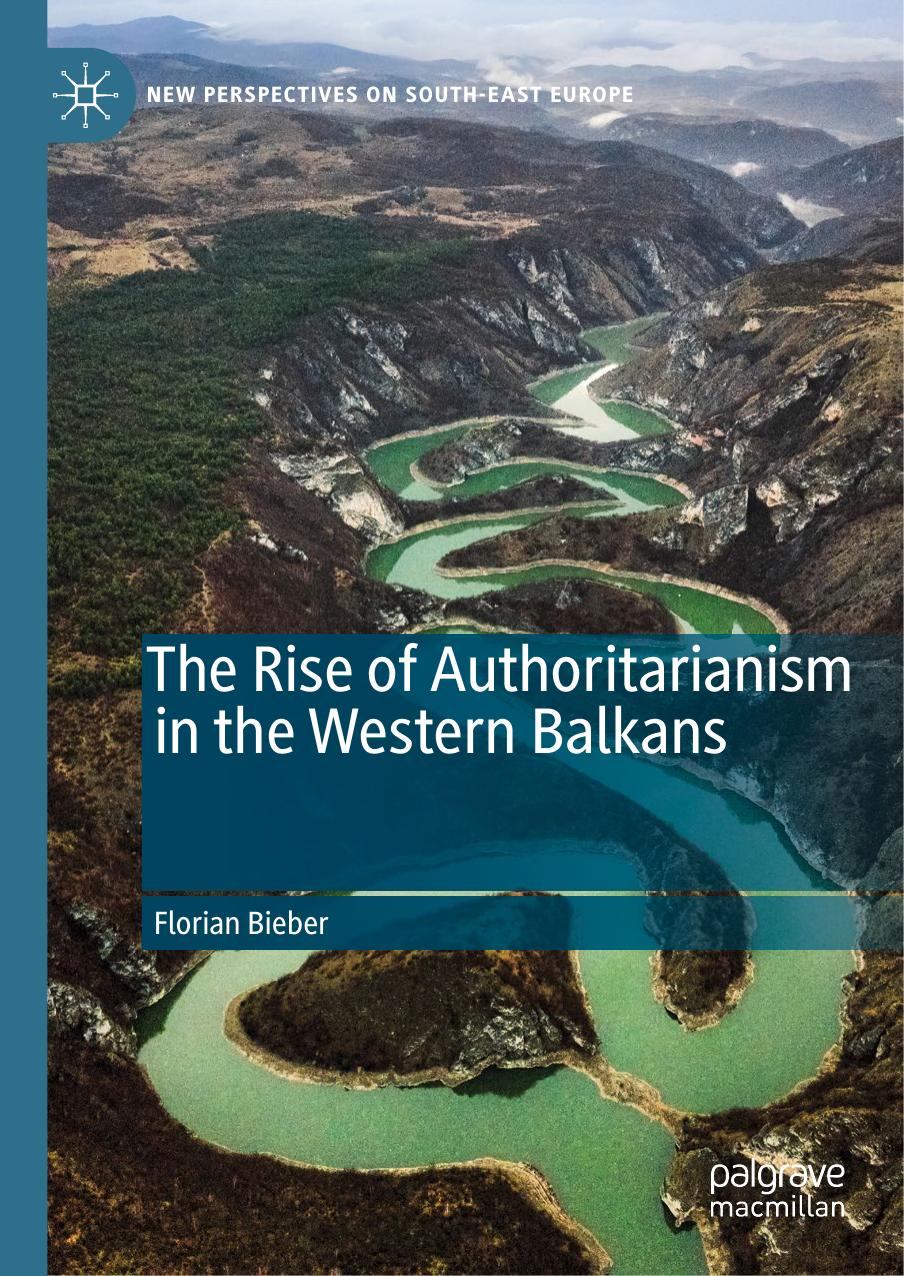The Rise of Authoritarianism in the Western Balkans by Florian Bieber

Author:Florian Bieber
Language: eng
Format: epub, pdf
ISBN: 9783030221492
Publisher: Springer International Publishing
3.6 Albania
In the Western Balkans , Albania has always been an odd fit. It was not affected by the dissolution of Yugoslavia and the subsequent wars, nor by a high level of conflict over identity and statehood, and it has been quite distinct from the post-Yugoslav space. More by accident than by design, the country was caught up in the Western Balkans due to challenges of democratic transformation in the 1990s. In this regard, it shared in the experience of semi-authoritarian regimes, as explored in the previous chapter. The government of Sali Berisha, which had turned increasingly authoritarian by 1996, broke down in the wake of the collapse of pyramid schemes in 1997. This brought about not only a breakdown of the regime but also a state failure, with most state institutions crumbling (including the army) and international intervention being required to restore order and enable new elections.
The period after 1997/1998 was characterized by both a second democratization and a state reconstruction that only gradually resulted in an uncontested political system. Unlike most other countries of the Western Balkans, Albania experienced a surprisingly stable two-party system, with power regularly alternating between the two dominant parties, the Democratic Party of Albania (Partia Demokratike e Shqipërisë, PDSh) and the Socialist Party of Albania (Partia Socialiste e Shqipërisë, PSSh). Power first switched in 1992 to the PDSh, back to the PSSh in 1997, returning to the PDSh in 2005 and back once more to the PSSh in 2013. While regular alternations of power between two established parties might suggest a stable, consolidated democratic system, the reality has been characterized by a high level of polarization and low levels of the legitimacy of these changes of power—or by these not taking place. The legitimacy of election results is frequently contested by the losers, ushering in protracted periods of boycotts. Such a polarized political system, based on a limited political consensus, has favored periods of episodic authoritarianism. Despite this polarization, the parties have cooperated in asserting their duopoly over the state, both in freezing other parties out of the system and in ensuring strong party control over the state. Thus, Deimel and Primatarova noted that, after constitutional amendments in 2008, ‘[b]linded by the alleged consensual spirit, the international community helped consolidate stabilocracy in Albania, which provides stability externally but domestically oscillates between democracy and autocratic tendencies’ (Deimel and Primatarova 2012, 19).
When the PDSh returned to power in 2005 under the leadership of Sali Berisha, who had become increasingly autocratic in the 1990s, many observers worried about a renewed period of authoritarianism. These fears were initially disproved, as he appeared to have undergone a democratic transformation, as Ion Iliescu had done in Romania between his earlier presidential mandates in the 1990s and his return to power in 2000. In both cases, the country’s transformation and pragmatic considerations explain the different natures of their rule. However, the high level of polarization remained characteristic of Albanian politics and, following hotly contested elections in 2009, the PSSh-led opposition questioned the legitimacy of the government.
Download
The Rise of Authoritarianism in the Western Balkans by Florian Bieber.pdf
This site does not store any files on its server. We only index and link to content provided by other sites. Please contact the content providers to delete copyright contents if any and email us, we'll remove relevant links or contents immediately.
The Secret History by Donna Tartt(16611)
The Social Justice Warrior Handbook by Lisa De Pasquale(11486)
Thirteen Reasons Why by Jay Asher(7783)
This Is How You Lose Her by Junot Diaz(5754)
Weapons of Math Destruction by Cathy O'Neil(5032)
Zero to One by Peter Thiel(4818)
The Myth of the Strong Leader by Archie Brown(4786)
Promise Me, Dad by Joe Biden(4441)
Stone's Rules by Roger Stone(4413)
Beartown by Fredrik Backman(4405)
How Democracies Die by Steven Levitsky & Daniel Ziblatt(4393)
The Fire Next Time by James Baldwin(4338)
100 Deadly Skills by Clint Emerson(4072)
A Higher Loyalty: Truth, Lies, and Leadership by James Comey(4027)
Rise and Kill First by Ronen Bergman(4009)
The David Icke Guide to the Global Conspiracy (and how to end it) by David Icke(3876)
The Farm by Tom Rob Smith(3870)
Secrecy World by Jake Bernstein(3774)
The Doomsday Machine by Daniel Ellsberg(3726)
